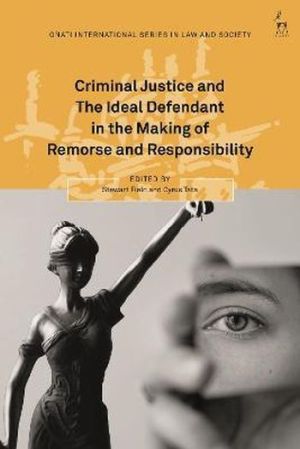
Using empirical research including interviews with judicial officers and transcripts of in-court sentencing hearings, this book investigates the varied techniques through which criminal justice decision-makers assess defendants. In particular, it considers the normative expectations that criminal justice systems have of defendants: that they should admit guilt, accept individual responsibility, and, in the process, show particular kinds of emotions, especially the authentic demonstration of remorse.
The book makes use of distinctive critical questioning to move beyond the usual questions of 'how' remorse is expressed and what weight this carries, to more searching questions relating to 'why' expressions of remorse are deemed to be important in decision-making. It places a particular emphasis on both the practical importance of the management of emotions to the efficient disposal of cases and the political symbolism of particular ways of doing so. It focuses on the construction of the ideally remorseful defendant, and in doing so, interrogates a number of assumptions that are usually taken for granted.
With 13 contributors from the UK, Australia, Canada, France, Denmark, the Netherlands, and Slovenia, the collection comprises a diverse range of studies across different procedural and jurisdictional settings, opening up new comparative possibilities along the way.